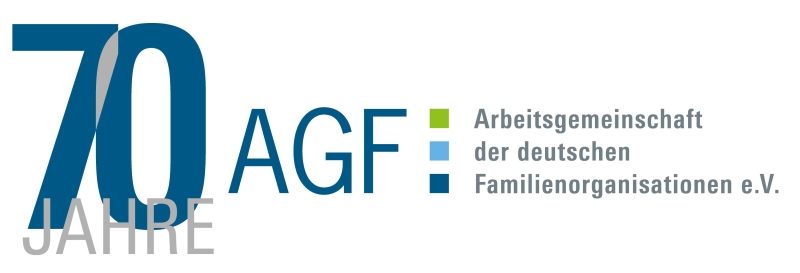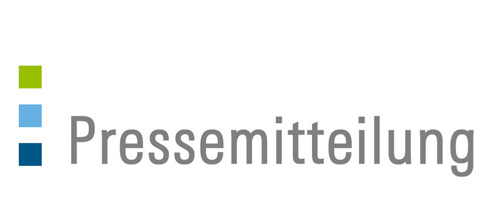Berlin, 3 March 2023 – The family organizations united in the AGF call on the federal government to provide the basic child allowance agreed in the coalition agreement with sufficient financial resources to ensure that children are permanently protected from poverty. The bundling of family policy benefits and the dismantling of barriers to their use are important components of the basic child allowance, but far from sufficient.
“Only a reform that really leads to an improvement in the situation of children, young people and their families deserves to be called a basic child allowance. Attempts to reduce the budgetary means that already have been standing in the discussion as being minimum further and to limit the reform to a renaming of already existing measures, will not solve the problem of the child poverty even rudimentarily” states Dr. Klaus Zeh, chairman of the Assosciation of the German Family organizations (AGF).
In order to implement a sufficiant basic child allowance, for the family federations it is needed to have a recalculation of the child subsistence level, which includes also the need for education and social inclusion and makes a sufficient social inclusion possible for all children and young people. This recalculation must be more transparent, it needs to follow an empirically based and coherent logic, and include an automatic dynamic adjustment. The previous unsystematic combination of statistical model and shopping cart logic with the associated and partly arbitrary deletions of costs classified as “not relevant to the standard rate” must not be transferred to the new basic child allowanced. “In addition, the level of the guaranteed amount of the basic child allowance must correspond to the maximum effect of the tax-free child allowance,” says Dr. Zeh.
The associations emphasize that the success of the basic child allowance must be measured against the criteria established by the Ministry of Family Affairs itself. These include, in addition to the recalculation of the minimum subsistence level for children, that a large proportion of child-related family benefits are combined, that families in need of support are actually reached – both unbureaucratically and reliably – and that the interfaces to social, tax and maintenance law mesh well with each other without creating worse conditions for families, for example for children of single parents.
The family organizations emphasize that a financially sound basic child allowance can be a central building block in combating family poverty. In addition, however, an overall family policy strategy is needed to enable children to participate and to break poverty spirals. This includes, among other things, a family-friendly infrastructure and equal access to education, care and health.
“Providing the necessary funds for this means investing in the future of our children and our country. Germany is rich enough to spare children the effects of early poverty and exclusion with a strong basic child benefit – as part of a comprehensive overall strategy to combat family poverty,” explained Dr. Zeh.

